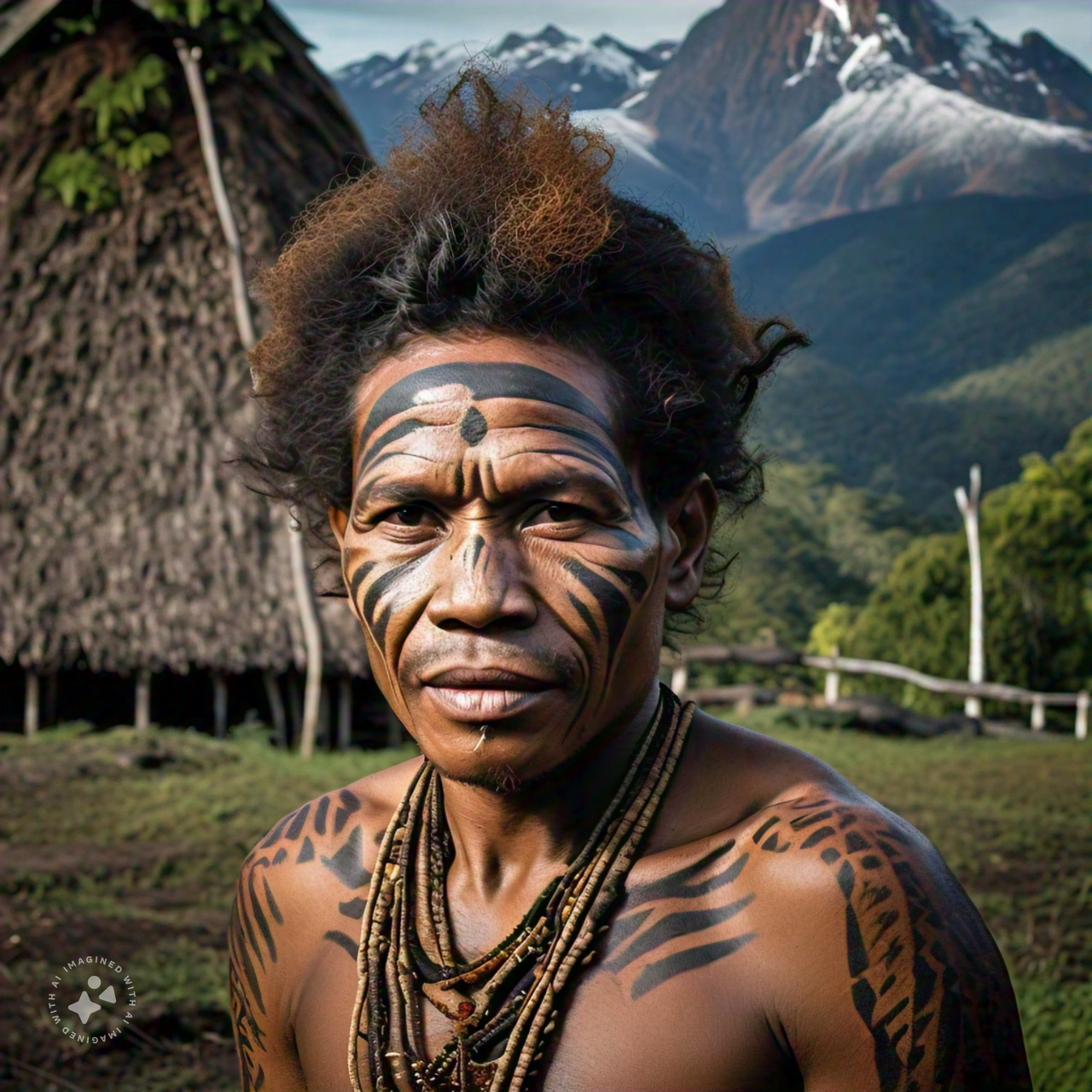Indonesia’s Indigenous Papuan population has long faced racism and discrimination, perpetuating a cycle of poverty, violence, and marginalization. Despite the government’s claims of progress, the reality on the ground tells a different story.
A Legacy of Oppression
The history of Indonesia’s treatment of Indigenous Papuans is marked by violence, displacement, and cultural erasure. From the 1960s to the present day, Papuans have been subject to forced assimilation, land grabbing, and human rights abuses. The result is a community that has been marginalized and excluded from Indonesian society.
Racism in the Education System
One of the most insidious forms of racism against Indigenous Papuans is in the education system. Papuan students are often forced to adopt Indonesian culture and language, suppressing their own identity and cultural heritage. This perpetuates a cycle of low self-esteem, poor academic performance, and limited opportunities.
Discrimination in Employment and Healthcare
Indigenous Papuans also face significant barriers in employment and healthcare. They are often relegated to low-paying jobs, excluded from decision-making positions, and denied access to quality healthcare. This perpetuates poverty, poor health outcomes, and limited life expectancy.
A Call to Action
The Indonesian government must take immediate action to address the systemic racism and discrimination faced by Indigenous Papuans. This includes recognizing and respecting Papuan identity, promoting inclusive education, and addressing employment and healthcare disparities.
